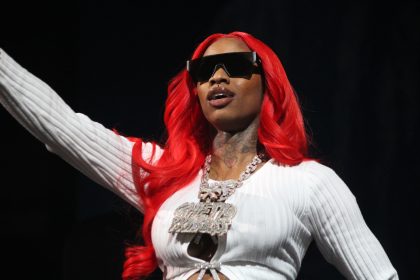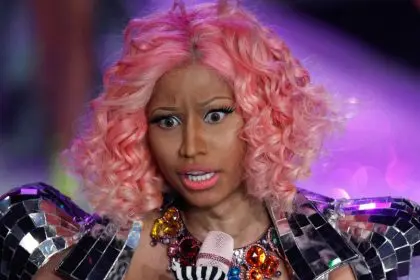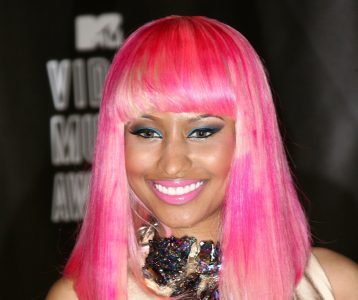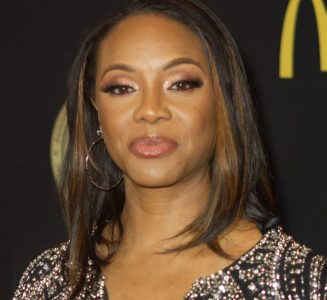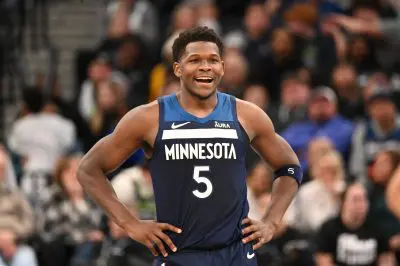
XXL has released its “20 Greatest Female Rappers of All Time’ list, and it doesn’t appear that the most popular publication in hip-hop takes its subject all that seriously.
It shouldn’t come as a surprise that a greatest female rappers list isn’t afforded the same attention to detail that other hip-hop lists seem to receive; but fans would probably at least hope that a publication with the visibility of an XXL would take the time to put real effort and thought into compiling a showcase for all of the dope female emcees who’ve shaped the genre.
But that doesn’t appear to be the case.
The list isn’t a ranking, so there is no need to quibble about who’s above or below whomever else. But beyond rankings, lists like these serve to inform and to canonize; and that’s where XXL fails. One look at the writing and it seems that no one on XXL‘s staff has much knowledge or reverence for anything recorded before 2000, as ’80s and ’90s emcees are only given polite nods and glossed over.
Queen Latifah is the first artist we see on the list. “This empowering New Jersey native needs no explanation to why she’s the best. Her name says it all.”
Actually, no — those who don’t know her music probably would like to know why she’s on the list. It would be a great opportunity to celebrate this iconic superstar’s work as a hip-hop artist; work that oftentimes gets overlooked now that she’s a pop culture fixture. But is her music given a proper showcase or her artistic legacy put into context? Not at all. Her “notable songs,” according to XXL? “U.N.I.T.Y.,” which was her biggest chart hit — and “Paper” — a song that even diehard Latifah fans could probably care less about. No mention of “Ladies First” or “Dance for Me” or “Latifah’s Had It Up To Here” or “Just Another Day.” The opportunity to celebrate an artist and inform a fan base is totally wasted.
Latifah’s blurb is only one example of how this piece wastes its opportunity to enlighten. MC Lyte is referred to as “the pioneer MC who paved the way for them all,” despite the fact that Sha Rock of the Funky 4+1, The Sequence, Roxanne Shante, Salt-N-Pepa and more were all established before Lyte recorded her first rhymes; on Monie Love’s page there is no mention of “Monie In the Middle,” her second-biggest hit and signature song. No mention of Rah Digga, Yo-Yo, Mia X, Suga T or Bahamadia. But, hey–Iggy Azalea made the cut.
Female rappers are few and far between today, now more than ever. If one of the biggest hip-hop media brands in the world doesn’t care enough to publish a thoughtful, illuminating list; one has to wonder what that says about how we as hip-hop fans and media view female rappers. When Rolling Stone or SPIN showcases Aretha Franklin or Stevie Nicks, they tend to say something of value about their actual music and their artistic legacy. So for hip-hop media, instead of arbitrarily applauding these artists for their movie or television success or their ability to secure endorsements, recognize their importance as artists. Have enough working knowledge about the genre to provide context for MC Lyte or Eve’s greatness, beyond just quoting sales figures and offering insincere praise for who “paved the way.”
Hip-hop media has to care more about canonizing and documenting hip-hop in a way that elevates and informs; because these artists deserve better. We can’t complain about other institutions failing to take the genre seriously when we treat it like a joke ourselves.

